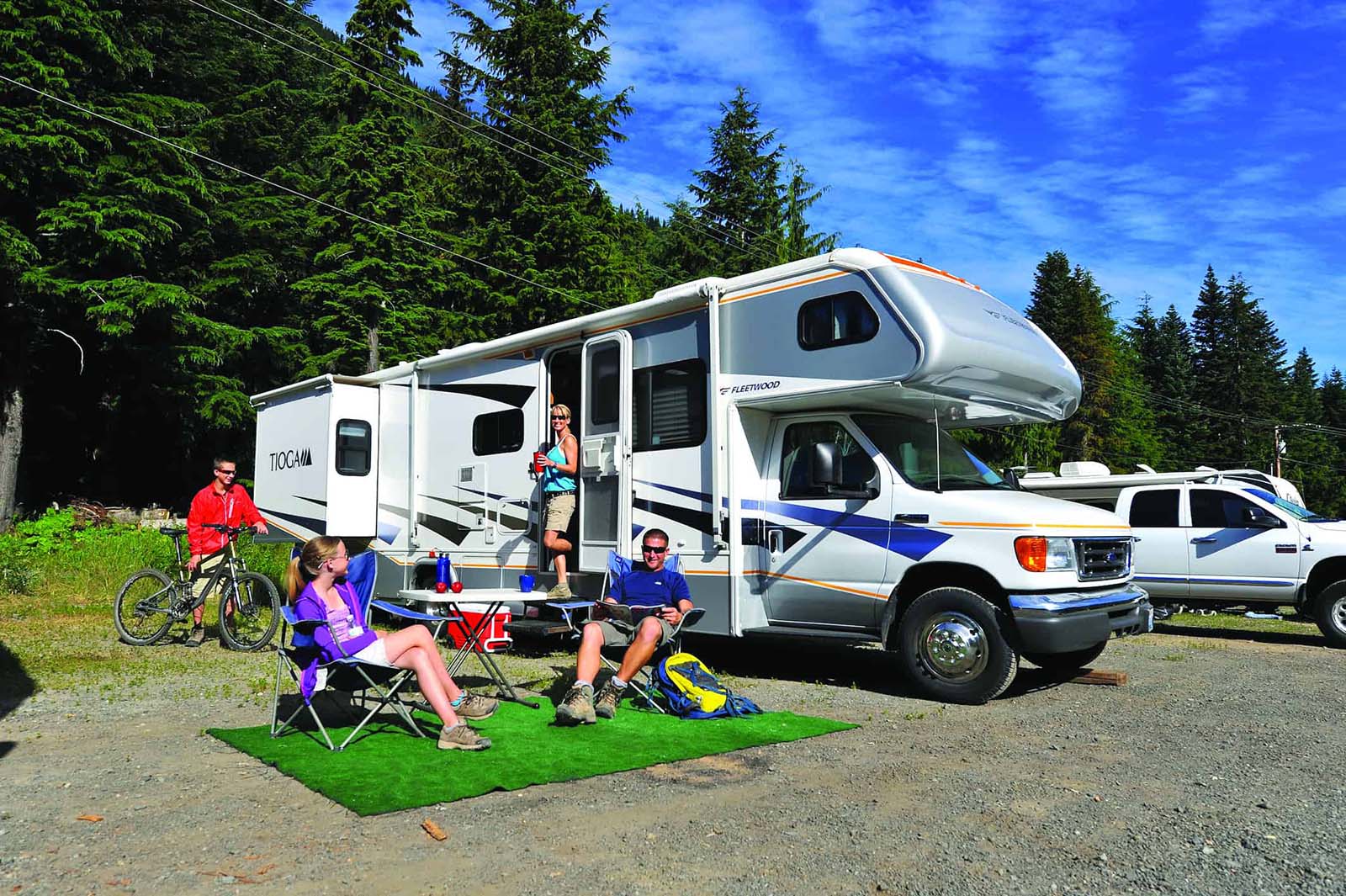Title: Understanding the Weight of RV Batteries

Introduction: RV batteries play a crucial role in providing power for various appliances and systems while on the road. However, when it comes to their weight, it is essential to consider several factors. In this article, we will explore the weight of RV batteries, the different types available, and their applications.
1. The Types of RV Batteries (h2): RVs typically use three main types of batteries – Flooded Lead Acid (FLA), Absorbent Glass Mat (AGM), and Lithium-ion (Li-ion). Each type has its advantages and considerations. Regardless of the type, it is necessary to understand their weight implications.
2. Flooded Lead Acid Batteries (h3): Flooded lead-acid batteries, commonly known as deep cycle batteries, are traditional and affordable options. They are durable and can handle frequent charge and discharge cycles. However, due to their construction and electrolyte, these batteries are considerably heavier, typically weighing between 50 to 90 pounds (23 to 41 kg).

3. Absorbent Glass Mat Batteries (h3): AGM batteries are maintenance-free and spill-proof, providing a high level of convenience. They are considerably lighter than flooded lead-acid batteries and weigh around 30 to 70 pounds (14 to 32 kg). Their technology is reliable and performs well in various RV applications.
4. Lithium-ion Batteries (h3): Lithium-ion batteries are gaining popularity due to their lightweight construction, high energy density, and longer lifespan. These batteries weigh significantly less than FLA and AGM batteries, typically ranging from 20 to 40 pounds (9 to 18 kg). Although they come with a higher upfront cost, their overall value is often seen in reduced weight and prolonged usability.
5. Considerations for Weight Management (h2): When choosing an RV battery, it is vital to consider the weight capacity of your rig. Exceeding the recommended weight limits can lead to reduced fuel efficiency, excessive wear on the suspension system, and potential safety hazards. Always consult your RV manufacturer’s guidelines and make an informed decision based on your specific needs and requirements.

Conclusion: In conclusion, the weight of an RV battery depends on its type, with flooded lead-acid batteries being the heaviest, followed by AGM batteries and lithium-ion batteries. Understanding the weight implications and considering your RV’s weight capacity is crucial for optimal performance and safety. While weight is an essential factor, it is equally important to consider other factors like battery life, power requirements, and cost when choosing the right battery for your RV.

